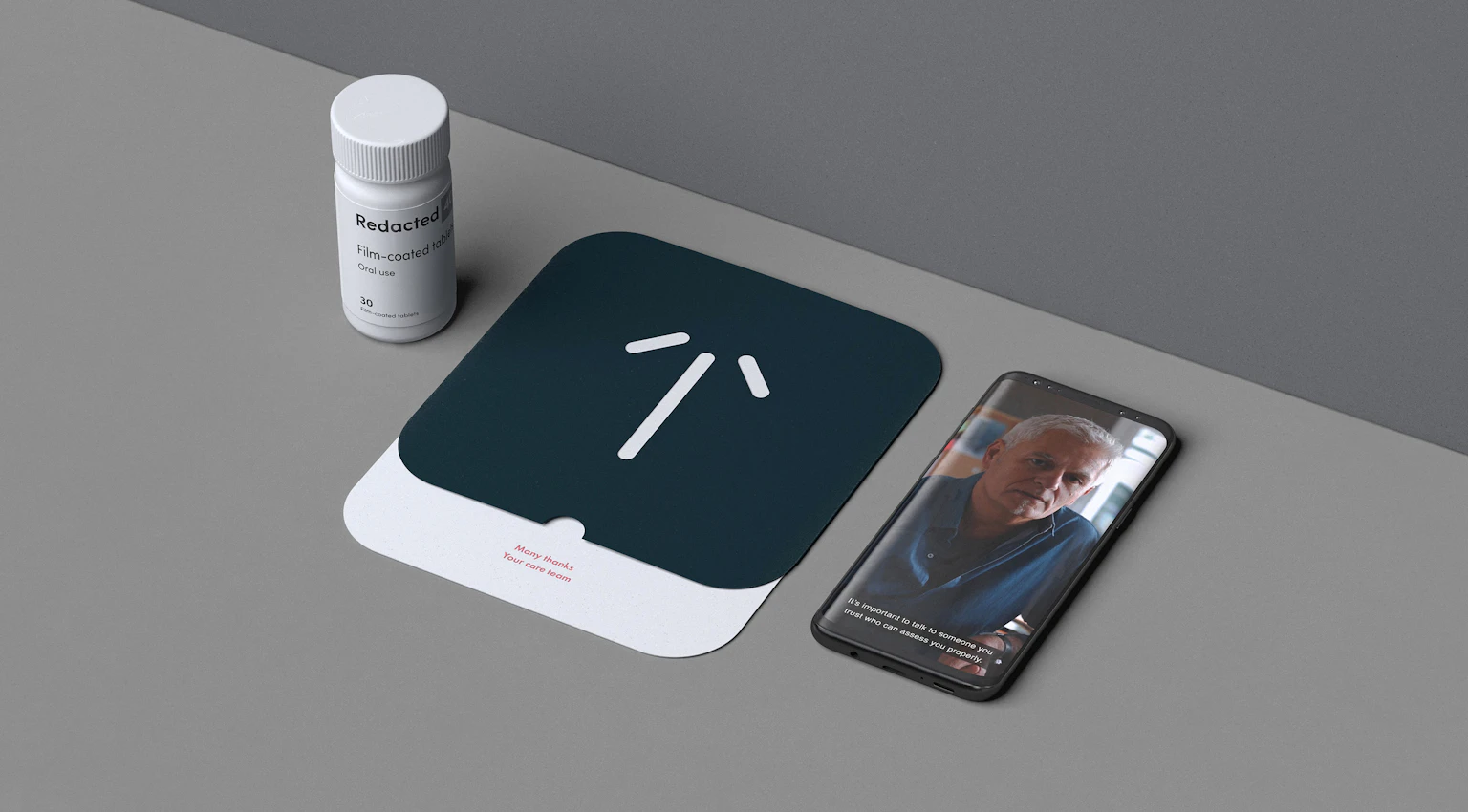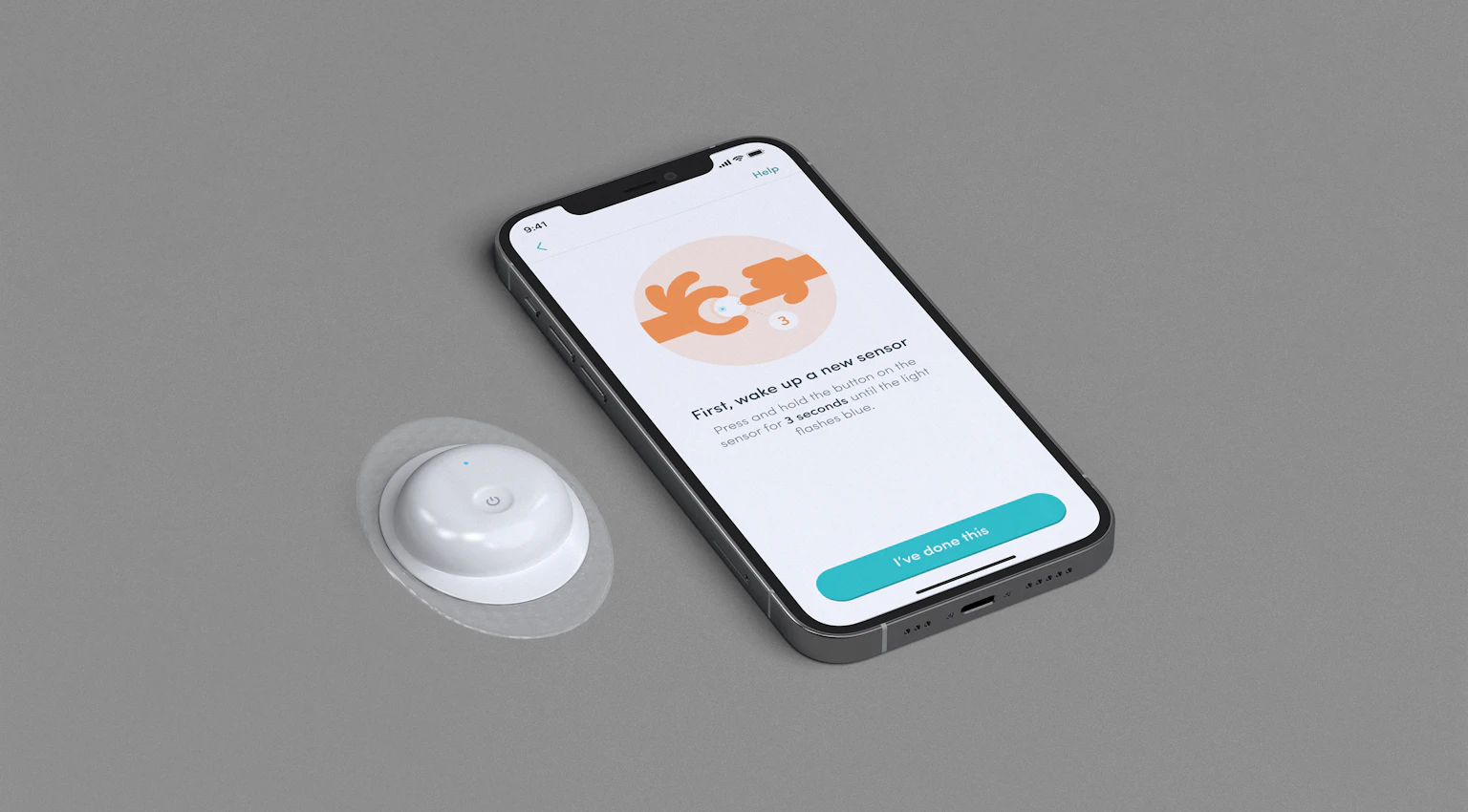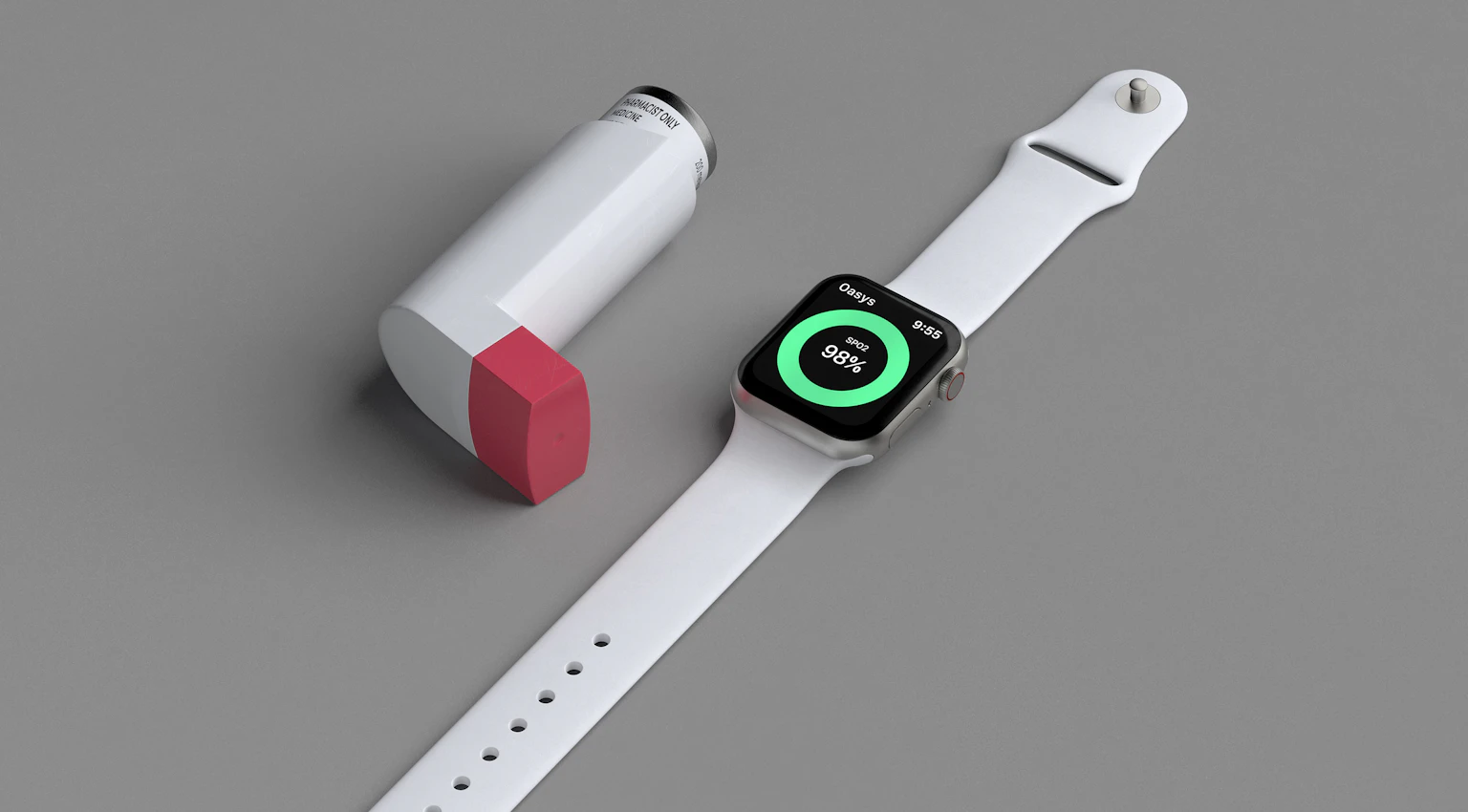The digital health product house: 2012-2023.
In 2012, we started Hanno as an all-purpose design & engineering studio in London, building and launching products and services for high-growth startups & household names, along with our own user research business: PingPong.
From 2017, we worked exclusively with healthcare companies, helping them develop flagship digital health products. During this time, we developed a way of working that proved effective in solving the right problems for users in the right way, which we like to think is our most enduring legacy. To learn more about how we did this, you can read our SaMD Playbook.
Following the acquisition of PingPong, we made the decision in 2023 to close Hanno in order to focus exclusively on building and launching other ventures.
It has been an amazing decade, and we’d like to say thanks to all of those who were a part of it.


